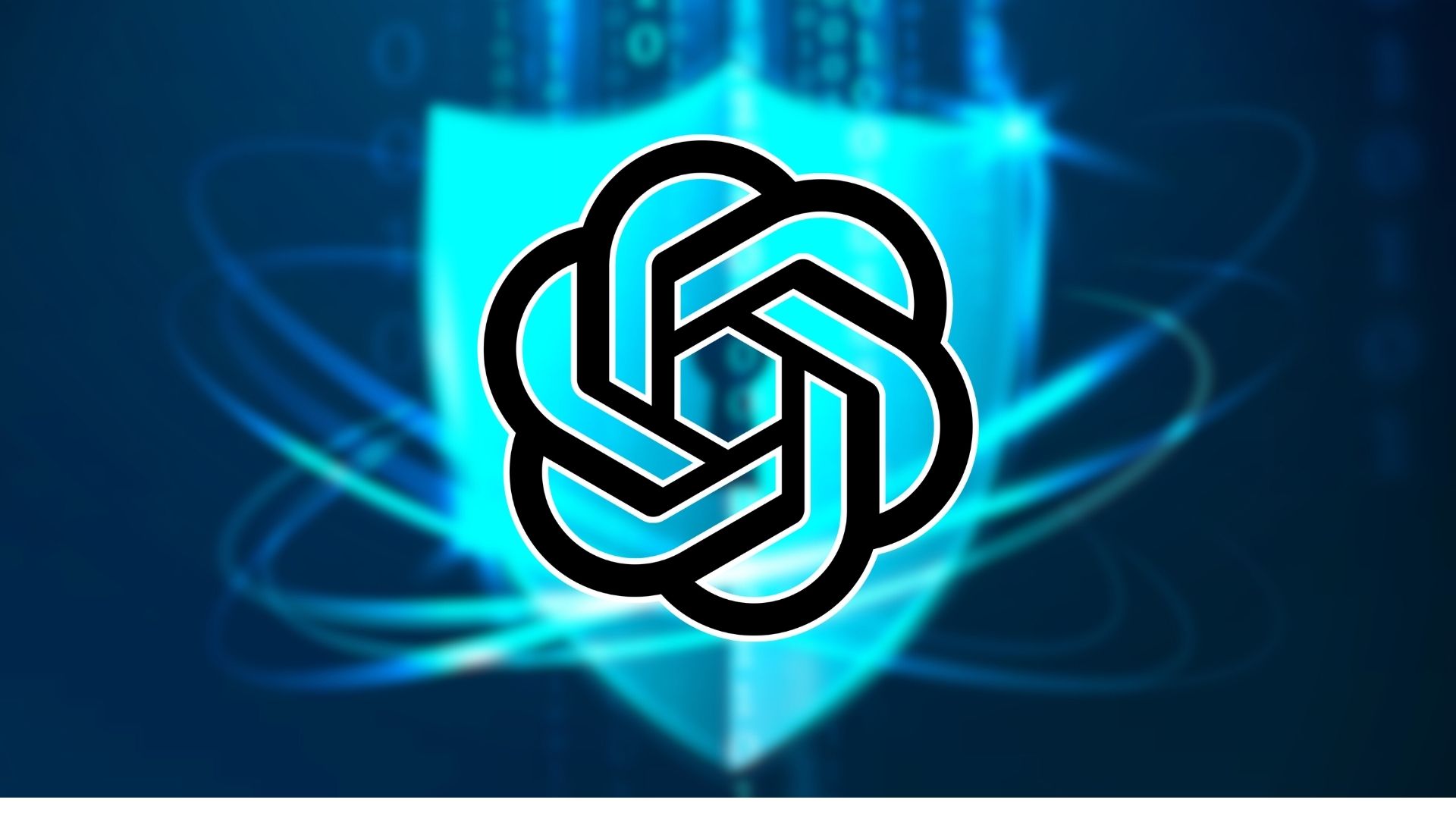SoundCloud has confirmed a recent security incident that temporarily affected platform availability and involved the limited exposure of user data. The company detected unauthorised activity on an ancillary service dashboard and acted immediately to contain the situation.
Third-party cybersecurity experts were engaged to investigate and support the response. The incident resulted in two brief denial-of-service attacks, temporarily disrupting web access.
Approximately 20% of users were affected; however, no sensitive data, such as passwords or financial details, were compromised. Only email addresses and publicly visible profile information were involved.
In response, SoundCloud has strengthened its systems, enhancing monitoring, reviewing identity and access controls, and auditing related systems. Some configuration updates have led to temporary VPN connectivity issues, which the company is working to resolve.
SoundCloud emphasises that user privacy remains a top priority and encourages vigilance against phishing. The platform will continue to provide updates and take steps to minimise the risk of future incidents.
Would you like to learn more about AI, tech and digital diplomacy? If so, ask our Diplo chatbot!










